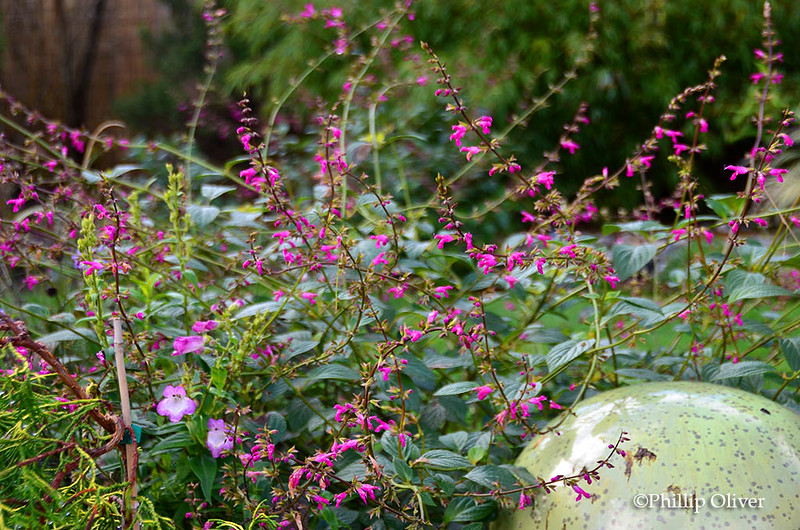Getting ready for the first freeze
 |
| Salvia chiapensis |
 |
| I am sure the Pineapple Sage (Salvia elegans) will be toast as it never survived our Alabama winters. I have always treated it as an annual. |
 |
| Salvia chiapensis |
 |
| I am sure the Pineapple Sage (Salvia elegans) will be toast as it never survived our Alabama winters. I have always treated it as an annual. |
Comments
Supposed to get down to ~ 20 degrees two nights in a row later this week.
Of course, that's not too chilly for Middle Tennessee. We regularly see at least a couple nights in the low teens or single digits each winter.
Checking out Weather Underground, it looks like mid-to-low 20s is about as cold as it gets most winters in Vancouver, WA? Folks on Daves Garden (http://davesgarden.com/guides/pf/go/1913/) talk about pineapple sage surviving 10 degree winters in places like North Carolina, so hopefully yours will survive as a perennial!
Good luck with your tender plants!
You now have a new reader. You are a talented gardener; your previous garden was to die for. I'm looking forward to following you as you bring your garden to life.